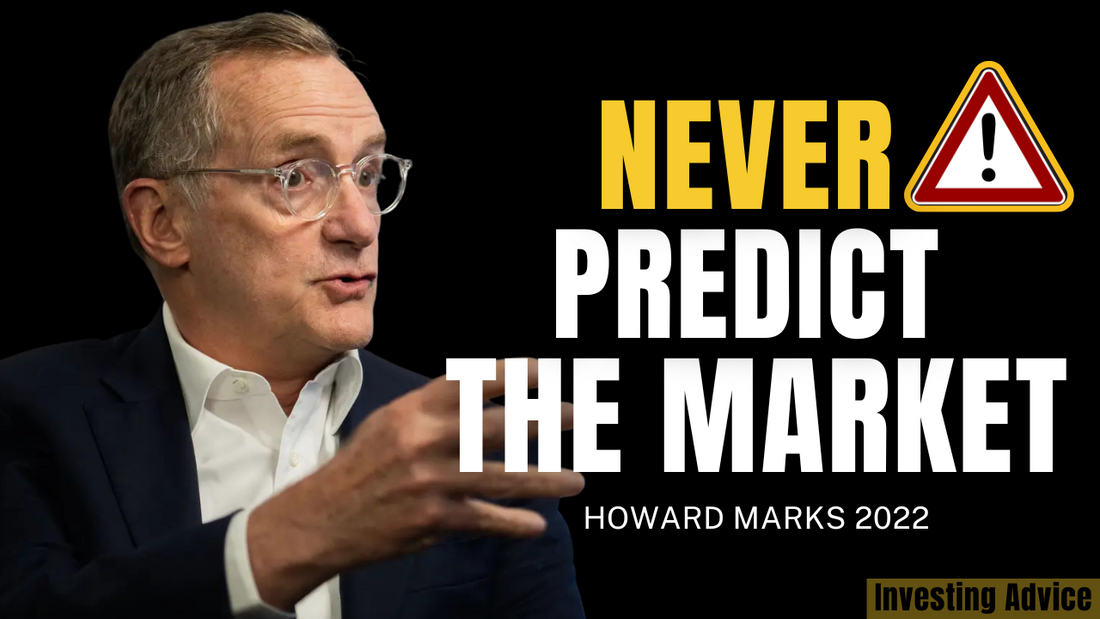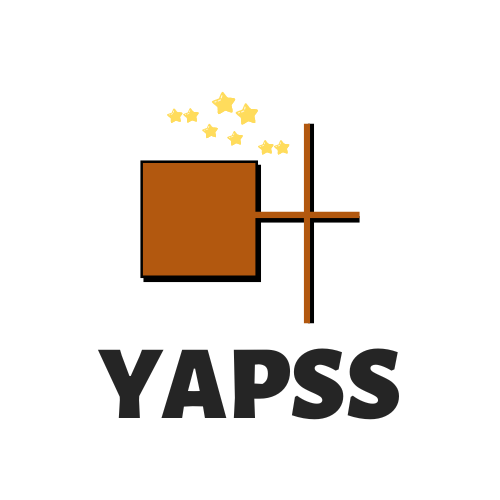
Howard Marks: Why I Never Predict the Market | Talks at GS 2022
[Transcript]
KATIE KOCH: But while you don't believe in forecasting, you do believe in cycles. And the cycle I wanted to start talking about with you, if it would be okay, is 2008. And the reason I would like to do that is I think it was a very defining moment for Oaktree. And you and your partner, Bruce — the CIO, Bruce Karsh, stepped into the market in a really dramatic way when everybody was running in the opposite direction.
And I'll end just by giving people that question, by giving people a sense of the magnitude. Howard and Bruce in, call it, the fall, and you'll correct me, of '08, were effectively putting 500 million to work a week in distressed debt. And then a 650 million total a week over 15 weeks across the firm. So, you were a buyer of 10 billion dollars of assets when everyone was stampeding for the exit. So, given that you say that predictions don't work, people might look at that and say you predicted the global financial crisis. So, if you weren't predicting it, what were you doing?
HOWARD MARKS: You know, we turned very cautious in the end of '04, '05, '06. And the main reason — I do not believe in forecasts. I believe it's hard to predict the future. It's not that hard to predict the present. In other words, it's not that hard to understand what's going on today. So, I do something I call take the temperature of the market. Try to figure out whether the market is heated or frigid. And because you want to buy when other people are pessimistic and when the climate is cold. You don't want to buy when the market is overheated and everybody's optimistic.
So, the main indicator in '05/'06 was, and I always say I wore out the carpet between my office and Bruce's, because I'd walk in there a few times a day and I would say-- I'd hold up an article from the newspaper. I'd say, "Look at this piece of crap that got issued yesterday. If a company can raise money on this basis, there's something wrong in the market." It's as simple as that. You know?
And the market—maybe some of you have heard the term "bond vigilantes"—but the market is supposed to be like a vigilante. It's supposed to be a disciplinarian. It's supposed to enable good, prudent deals to get done, but not stupid deals. But when anybody can raise money for any purpose or no purpose on any terms, that's a danger signal. And that's what was going on. And it was just getting worse and worse and worse and worse.
KATIE KOCH: And then we got this massive dislocation. Everybody's headed for the exits. And you stand up and say, "Buy." How'd that happen?
HOWARD MARKS: You know, it really culminated in the bankruptcy of Lehman Brothers on September 15th of '08. We had lost Merrill Lynch, and Bear Stearns, and Wachovia Bank, and Washington — and now Lehman Brothers, and AIG. And there was a belief that the whole financial system was going to melt down. And by the way, it did feel that way. It really felt like cascading dominoes. Either the financial system is going to melt down or it's not. If it melts down, it doesn't matter whether we bought or not because it's game over for everything. But if it doesn't melt down and we didn't buy, then we didn't do our job. So, let's buy. That was the analysis.
I mean, you couldn't say anything more profound than that. First of all, there's really no such thing as analyzing the future because the future is unknown. But we look to the past for analogies. And this was — you know, there was no analogy to the Lehman bankruptcy. But the past says we have crises, and they end. We don't always know how they're going to end in advance, but so we bought.
KATIE KOCH: Worked out.
HOWARD MARKS: It was one of the great buying opportunities of all time. And not only could you get good bargains, but you could invest huge quantities. And we were fortunate that Bruce and I had cooked up this idea of developing a reserve fund. So, at the beginning of '07, we raised 3.5 billion dollars, which was our fund for that period of time. But we also raised 11 billion, which we put on the shelf because we thought that something was coming. The first closing was March '07. We didn't start investing it until June '08. We actually had 10 billion to spend. So, we were able to spend it.
Source: https://www.youtube.com/watch?v=wkJXQ46ma8I&ab_channel=GoldmanSachs
[YAPSS Takeaway]
You can’t predict the future, but you can understand what’s happening right now — and that’s what really matters.
